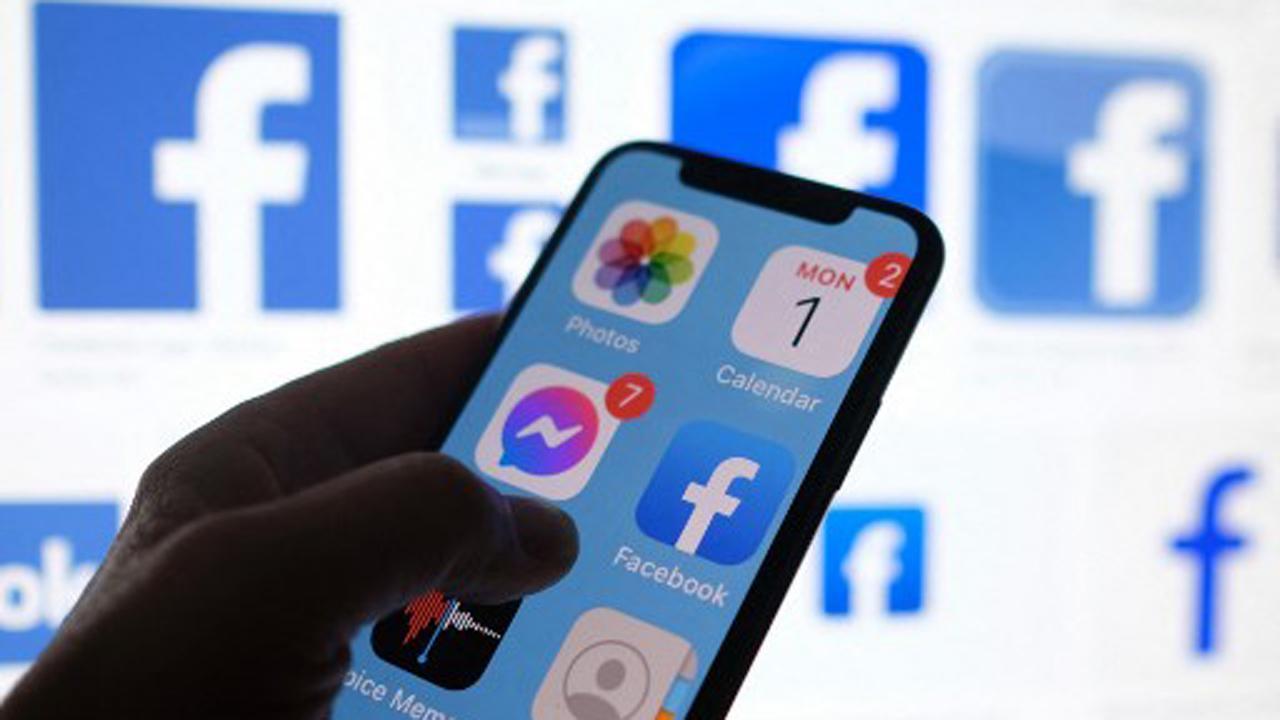A bench comprising Justices Sanjay Kishan Kaul, Dinesh Maheshwari and Hrishikesh Roy said: 'These platforms are by no means altruistic in character but rather employ business models that can be highly privacy intrusive and have the potential to polarise public debates'

This picture has been used for representational purpose
The Supreme Court on Thursday said Facebook has the "power of not simply a hand but a fist, gloved as it may be", as these platforms employ business models having potential to polarise public debates. A bench comprising Justices Sanjay Kishan Kaul, Dinesh Maheshwari and Hrishikesh Roy said: "These platforms are by no means altruistic in character but rather employ business models that can be highly privacy intrusive and have the potential to polarise public debates.
ADVERTISEMENT
"Facebook has the power of not simply a hand but a fist, gloved as it may be." These platforms have become power centres themselves, having the ability to influence vast sections of opinions, it added. The bench observed that developments around the world reflect rising concerns across borders. "The concern is whether the liberal debate which these platforms profess to encourage has itself become a casualty," it said in its 188-page judgment. The bench held that for intermediaries to say that they can sidestep this criticism is a fallacy, as they are right in the centre of these debates.
Also read: Facebook to update its policies on handling satirical content
"It has to be noted that their platform has also hosted disruptive voices replete with misinformation. These have had a direct impact on vast areas of subject matter which ultimately affect the governance of states," it observed. In this modern technological age, it would be too simplistic an intermediary like Facebook to contend that they are merely a platform for exchange of ideas without performing any significant role themselves - especially given their manner of functioning and business model, it stressed. The bench observed that governments have expressed concern for necessity of greater accountability by these intermediaries which have become big business corporations with influence across borders and over millions of people.
It said algorithms, which are sequences of instructions, have human interventions to personalise content and influence opinions as part of the business model. "As such, their primary objective is to subserve their business interests. It is first a business and then anything else. As per their own acknowledgement, they would only appear before any committee if it served their commercial and operational interests, as it did when they appeared before the parliamentary committee. But if their business interests are not served, they seek a right to stay away," said the bench, stating this is completely unacceptable.
Facebook today has influence over a third population of this planet. In India, Facebook claims to be the most popular social media with 270 million registered users. The bench said the business model of intermediaries like Facebook, being one across countries, they cannot be permitted to take contradictory stands in different jurisdictions. For example, in the US, Facebook projected itself in the category of a publisher, giving it protection under the First Amendment of its control over the material disseminated on its platform. This identity allowed it to justify moderation and removal of content.
"Conspicuously in India, however, it has chosen to identify itself purely as a social media platform, despite its similar functions and services in the two countries," noted the bench. The court's judgement came on a writ petition filed by Facebook's Vice President Ajit Mohan, challenging validity of the summonses by the Delhi Assembly's panel in connection with Delhi riots. The Peace and Harmony Committee, headed by AAP MLA Raghav Chadha, was formed on March 2, 2020, following the Delhi riots, issued the summons as "serious questions have been raised on the role of Facebook platform as a mechanism to disseminate hate and divisiveness"
This story has been sourced from a third party syndicated feed, agencies. Mid-day accepts no responsibility or liability for its dependability, trustworthiness, reliability and data of the text. Mid-day management/mid-day.com reserves the sole right to alter, delete or remove (without notice) the content in its absolute discretion for any reason whatsoever
 Subscribe today by clicking the link and stay updated with the latest news!" Click here!
Subscribe today by clicking the link and stay updated with the latest news!" Click here!






